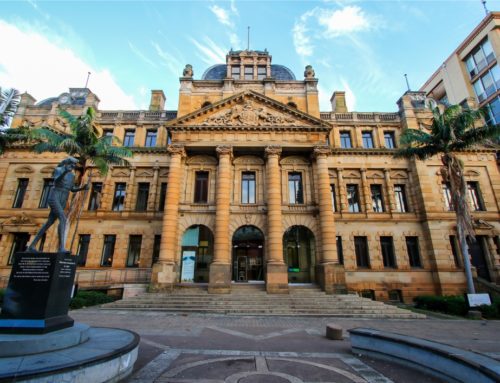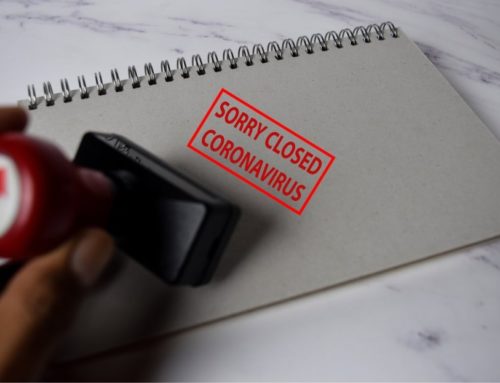Claims of Insolvency: In 2017 we were instructed by a client to pursue a claim against the Road Accident Fund (RAF) on his behalf. The RAF is a statutory insurer which stands in the shoes of all negligent drivers and undertakes to compensate passengers and pedestrians who are injured as a result of the negligent driving of a motor vehicle.
It is the statutory mandate of the Road Accident Fund to consider the claims and to pay compensation. The RAF does not have a mandate to delay compensation of claims to the extent that the average number of months from the date of lodgement to date of final resolution of the claim can vary between 36 to 48 months whilst payment can take an additional 3 to 6 months.
By delaying resolution of the claims and not resolving these claims on lodgement or early on in the litigation, the RAF ensures that significant legal costs are incurred on both sides. The injured innocent victim incurs legal expenses in pursuing the claim which will include the assistance of a lawyer and when necessary an advocate as well as various medical experts; The RAF also incurs similar expenses.
The attitude which the Road Accident Fund has adopted is to delay matters until forced to confront the claimant in court and either settle the matter or run the trial – which it rarely does as its legal representatives are often not provided with the mandate or wherewith all with which to properly investigate and defend a claim. The position of the RAF is to bury its head in the sand and refuse to deal with claims was evidenced most profoundly in the matter in which we represented our above client by claiming insolvency.
Despite the fact that the claim was timeously and expeditiously lodged, no steps were taken by the RAF to consider the claim and investigate it or attempt to settle it. At the expiry of the statutory period during which the fund is guaranteed not to incur any further legal expense, as no legal action can be taken, our client had no option but to issue summons out of the high court. Despite repeated reminders to the Road Accident Fund to appoint attorneys of record to defend the summons, it failed to do so. A notice of bar which is a formal document served on the defendant notifying it that should it not serve an intention to defend and a statement of defence, it will be barred from doing so, similarly elicited no response.
As a result, we advised our client to proceed to take a default judgement against the RAF, regardless of the RAF’s insolvency claims.
Our client duly did so and obtained a judgement against the RAF in which the RAF was held 100% liable for all of our client’s damages. Those damages, which are still to be proved, amount to R5 875 000.00.
The most powerful weapon which a defendant has in any litigation is to make an early reasonable secret offer into court of what it estimates the damages could be. For example – in a claim for R1000.00, the Road Accident Fund may wish to make a secret offer of R750. This immediately places the plaintiff at risk. If the plaintiff proceeds to court and obtains a judgement in that amount or less, then all costs incurred from date of that secret offer are for the plaintiff’s own account.
This is a significant deterrent of unnecessary litigation and chance taking. The RAF does not apply its mind to these matters early enough and forces matters to go to trial only to capitulate on the day of trial and settle the matter. By then significant legal costs have been incurred.
The Road Accident Fund claiming insolvency and that the financial onus is on the plaintiff’s attorneys who run up legal fees is completely misplaced as is evidenced from the above.






